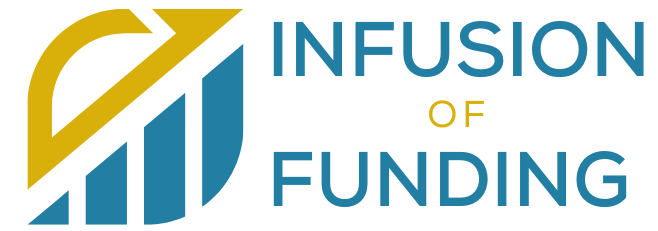Assessing Your Financial Needs
Before you start the loan application process, it is crucial to assess your financial needs accurately. Determine the exact amount of money you need and how you plan to use it. Ask yourself the following questions:
- What is the purpose of the loan (e.g., expansion, equipment purchase, working capital)?
- How much money do you need?
- How will the loan benefit your business?
- What is your repayment plan?
Having clear answers to these questions will not only help you choose the right type of loan but also demonstrate to lenders that you have a well-thought-out plan.
Business Plan Essentials
A comprehensive business plan is a critical component of your loan application. It shows lenders that you have a clear strategy for using the loan and repaying it. Here are the key elements your business plan should include:
Executive Summary
The executive summary is a brief overview of your business, its mission, and its goals. It should capture the essence of your business and make a strong first impression on lenders.
Company Description
Provide detailed information about your business, including its history, structure, and the products or services you offer. Highlight what makes your business unique and competitive in the market.
Market Analysis
Conduct thorough research on your industry, market size, target audience, and competition. Demonstrate that you understand the market dynamics and have identified opportunities for growth.
Organizational Structure
Describe your business’s organizational structure, including the management team and their qualifications. Highlight the experience and expertise of your team members.
Product Line or Services
Detail the products or services your business offers. Explain the benefits, features, and potential for market growth. Include any plans for future product or service development.
Marketing and Sales Strategy
Outline your marketing and sales strategies, including how you plan to attract and retain customers. Provide details on your pricing, advertising, and promotional tactics.
Funding Request
Clearly state the amount of money you need and how you plan to use it. Break down the costs and provide a timeline for how the funds will be allocated.
Financial Projections
Provide realistic financial projections, including income statements, cash flow statements, and balance sheets for the next three to five years. Show how the loan will impact your business’s financial health.
Personal and Business Credit Scores
Your credit score is a critical factor in the loan approval process. Both your personal and business credit scores will be evaluated by lenders to assess your creditworthiness. Here’s how you can prepare:
Personal Credit Score
- Obtain a copy of your credit report from major credit bureaus (Equifax, Experian, TransUnion).
- Review your report for any errors or inaccuracies and dispute them if necessary.
- Pay down existing debts and avoid taking on new debt before applying for a loan.
- Make all payments on time to improve your credit score.
Business Credit Score
- Check your business credit report from agencies like Dun & Bradstreet, Experian, and Equifax.
- Ensure your business is properly registered and that all information is up to date.
- Pay your business bills on time and maintain good relationships with suppliers and creditors.
- Consider opening a business credit card and using it responsibly to build credit.
Gathering Necessary Documentation
Lenders require various documents to evaluate your loan application. Having these documents ready can speed up the application process. Here’s a list of commonly required documents:
Tax Returns
- Provide your personal and business tax returns for the past two to three years. These documents help lenders assess your financial stability and ability to repay the loan.
Financial Statements
- Include your business’s income statements, balance sheets, and cash flow statements. These documents provide a detailed view of your business’s financial health.
Bank Statements
- Submit your business’s bank statements for the past six months to one year. This helps lenders verify your income and expenses.
Legal Documents
- Prepare any relevant legal documents, such as business licenses, articles of incorporation, leases, contracts, and franchise agreements.
Collateral Information
- If your loan requires collateral, provide detailed information about the assets you’re offering as security. This may include property deeds, equipment lists, or inventory details.
Conclusion
Proper preparation is key to a successful loan application. By assessing your financial needs, creating a comprehensive business plan, ensuring strong credit scores, and gathering all necessary documentation, you will be well-prepared to present a strong case to potential lenders. The next section will guide you through finding the right lender and comparing loan offers to ensure you secure the best financing for your business.

